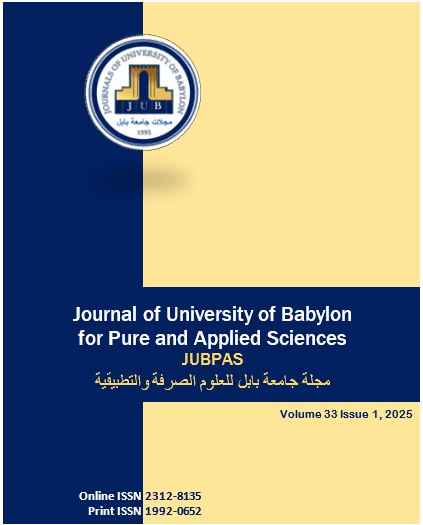Gut Microbiota, Digestion, and Immunity Interaction: A Review
Main Article Content
Abstract
The gut microbiome is a plentiful and a diversity of microbes community that live in the gut and play a critical role in the host’s physiology, such as food metabolism, digestion, immunity, brain development, and behaviour. Their diversity is very important to the body; however it is always changed by the environmental factors. Any change in the variation and composition of the microbiome can have consequent impacts on the host’s health. The interaction between gut microbiota, external factors, host physiology, development, and infectious diseases is really complicated. For example, food can modulate the gut microbiota at the same time the food is the main source of microbial metabolites that play an essential role in modulating immunity, and the regulation of immunity by the microbiome influences brain development and vice versa. In conclusion, the understanding of various pathways in which gut microbiome could affect and affected by digestion and immunity offers new approaches to treat various immune and infectious diseases. Therefore, this review sheds the light on various interaction mechanisms between gut microbiome, food digestion, and immunity.
Article Details

This work is licensed under a Creative Commons Attribution 4.0 International License.
